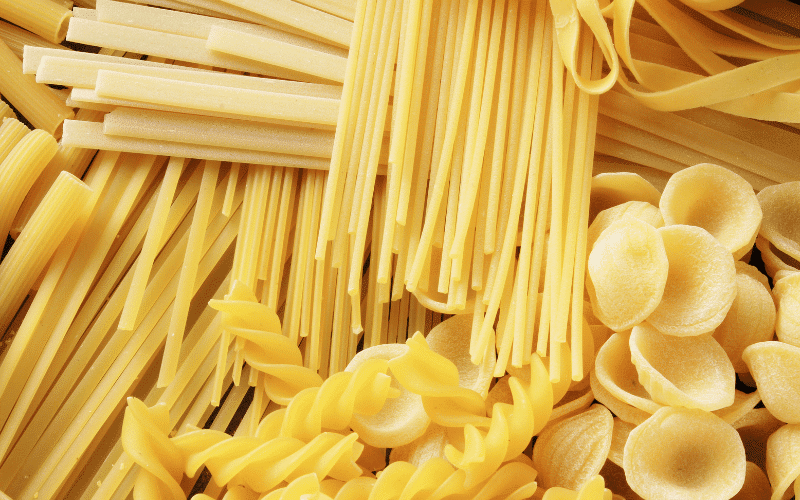Food 18: Refined Carbohydrates

Refined carbohydrates are a major component of many people’s diets. These include foods made with white flour, like bread, pasta, and rice, as well as sugary drinks and snacks. While these foods may be tasty and convenient, they pose several risks for individuals with afib.
Firstly, refined carbohydrates cause rapid spikes in blood sugar and insulin levels. This sudden rise can cause an increase in heart rate and blood pressure, which could trigger an afib episode.
Moreover, refined carbohydrates are often calorie-dense but nutrient-poor, meaning they provide a lot of energy but few essential nutrients. This can lead to weight gain, increasing the risk of obesity. Obesity is a major risk factor for afib, as excess weight places additional strain on the heart.
In addition to weight gain, a diet high in refined carbohydrates can lead to the development of type 2 diabetes, another risk factor for afib. High blood sugar levels can damage the heart and blood vessels, further increasing the risk of atrial fibrillation.
Substituting refined carbohydrates with whole grains can help to moderate blood sugar levels, prevent weight gain, and provide essential nutrients, all beneficial for managing afib. Whole grain foods include brown rice, whole grain bread, quinoa, oats, and whole grain pasta. These foods are higher in fiber and will provide a slower, more sustained release of energy, helping to maintain stable blood sugar levels and heart function. (16)